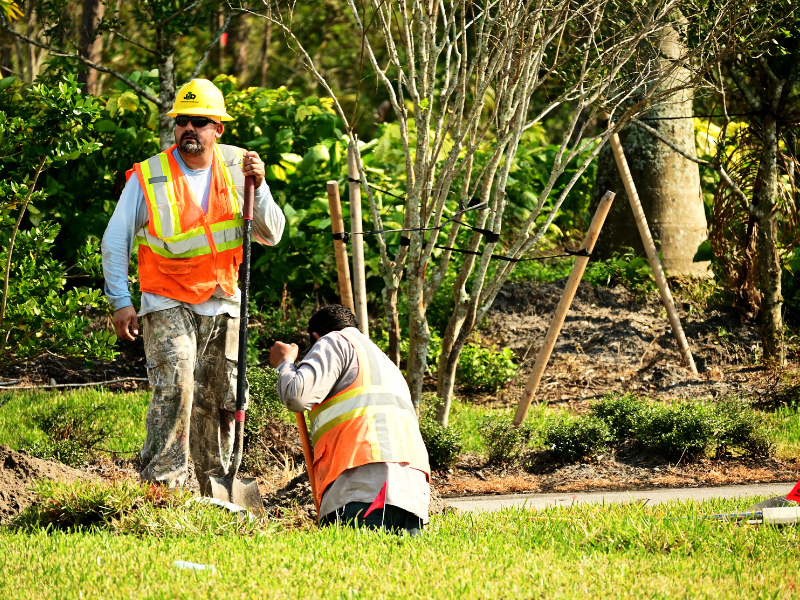Small businesses help keep their communities thriving, but being a small business owner comes with its challenges as well. If you own your own company, you likely have your hands full with projects and ideas. While handling the day-to-day tasks is necessary to keep your business running smoothly, strategy, creation, and growth are likely areas where you’d rather send your attention.
A professional employer organization (PEO) can manage your company’s administrative tasks like payroll, workers’ compensation, and human resources so that you have more time to focus on what you do best. Let’s take a look at the importance of workers’ comp for small businesses, some challenges that might arise, and how partnering with a PEO can help.
Why is workers’ compensation important for small businesses?
No matter the size of your company, protecting your employees is a top priority. Providing safe working conditions and financial protection for your workers if an injury does occur is imperative for being a great business owner.
Workers’ compensation insurance is required by law in most states. Even in states where it isn’t mandatory, however, it’s still a good idea to have coverage in place.
If an incident happens on the job, workers’ compensation insurance can cover medical bills, rehabilitation costs, and lost wages. For you as a business owner, workers’ comp can help prevent you from paying out of pocket for an employee’s medical expenses after an accident.
Workers’ comp challenges in small businesses and how PEOs can help
Workers’ compensation can be a pain point for some small business owners due to its cost and complexity. While larger corporations typically have the financial resources to handle overhead, it can be difficult for small businesses to manage. How can working with a PEO help combat the challenges small businesses face when it comes to workers’ compensation?
1. PEOs help streamline the somewhat complex process of workers’ compensation
Managing workers’ comp can be somewhat tedious and time-consuming, and for small businesses with limited manpower, it can be incredibly challenging. From the confusion of calculating premiums to handling the complexities of claims, it’s a lot to manage—particularly when you have countless other tasks on your plate.
PEOs can help streamline the process by integrating workers’ compensation into payroll. They also handle everything involved with the claims process—from taking care of the paperwork to communicating with insurance and the injured employee.
2. They offer flexible pay-as-you-go programs so you only pay for what you need
With traditional workers’ compensation, businesses typically pay an estimated premium upfront to cover the entire year. At the end of the year, the insurer will perform an audit to determine the exact cost, based on things like payroll and the number of employees. This means you could be reimbursed at the end of the year, or you may actually owe money for the difference.
PEOs offer pay-as-you-go programs that are perfect for small businesses that may not be able to afford a lump sum at the start of the year. It’s also great for companies who hire short-term workers’ on a project-by-project basis. With a pay-as-you-go program, you’ll pay only for what you need during the periods of time you need it.
3. PEOs implement safety training programs to help avoid future incidents
No matter the size of your company, risk management is crucial to help keep your workers safe on the job. Small businesses may not always have policies in place to help keep the workplace safe the way a larger company typically does. PEOs may implement safety training programs to help mitigate potential injuries.
In addition to helping prevent injuries from occurring, PEOs also play a role in helping reintegrate employees back into the workplace after recovering in the event an accident does take place.
Partnering with a PEO as a small business
No matter the size of your company, risk management is crucial to help keep your workers safe on the job. Small businesses may not always have policies in place to help keep the workplace safe the way a larger company typically does. PEOs may implement safety training programs to help mitigate potential injuries.
In addition to helping prevent injuries from occurring, PEOs also play a role in helping reintegrate employees back into the workplace after recovering in the event an accident does take place.




